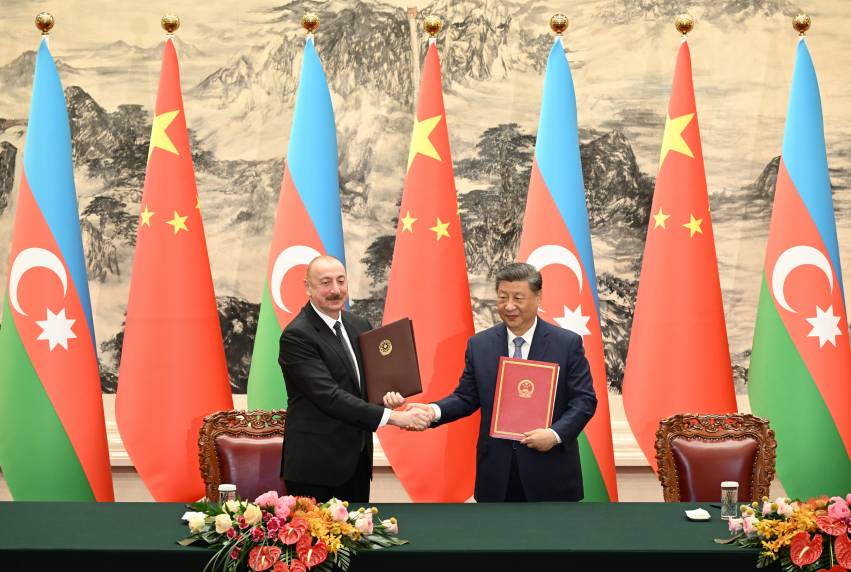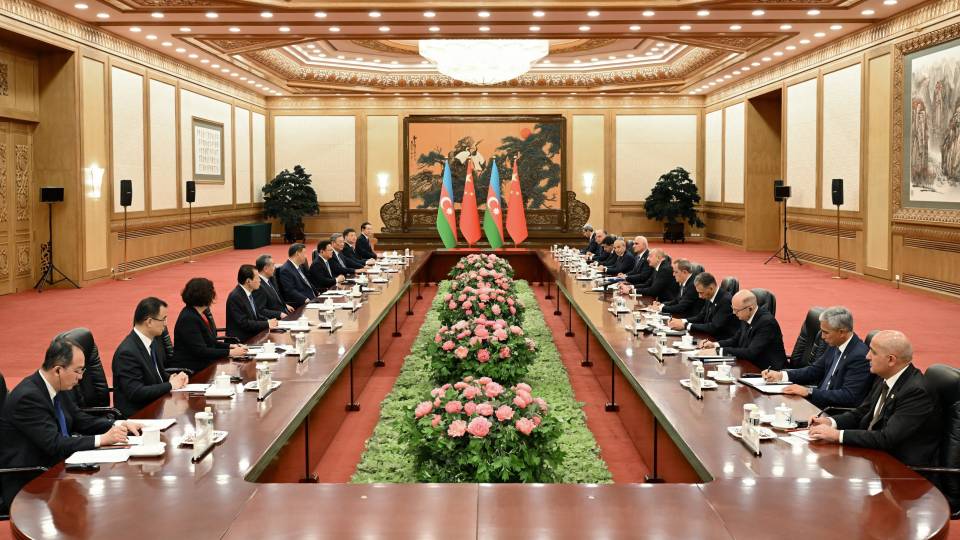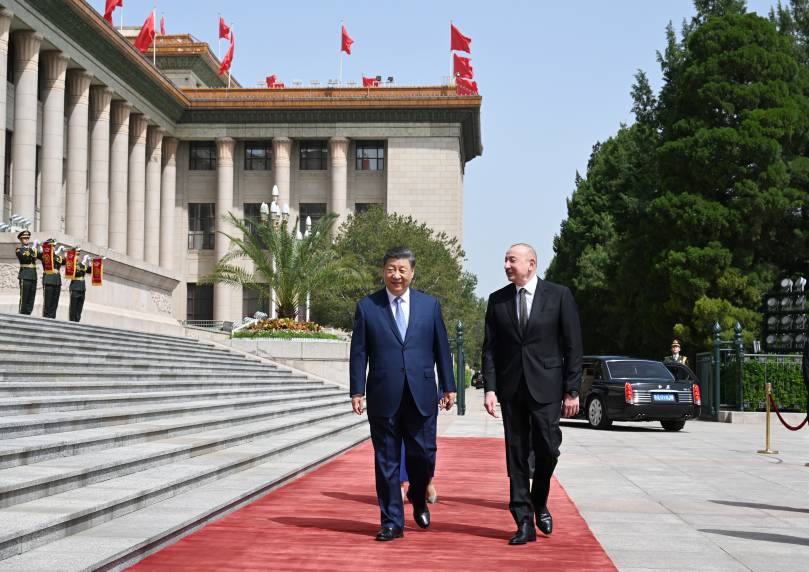16:38

The Guardian
Wednesday 31, July 2013
KAMAL JAFAROV
Citizens today know their rights, have access to quality information on public services and are accustomed to receiving a high level of service from the private sector.
Consequently their expectations for public services are very high, and developing countries have implemented many significant and radical reforms to meet these demands.
The one-stop shop model – where citizens are able to receive a range of public services in a dedicated centre – has been introduced by countries such as the UK, Canada and Georgia to make service delivery more efficient. Azerbaijan has recently adopted a similar model, which is having a big impact on the way citizens access services.
The Azerbaijan service and assessment network
Earlier this month, the Azerbaijani president Ilham Aliyev signed an order to establish a state agency for services to citizens and social innovations. The aim of this is to make government services more easily accessible to citizens using modern technology.
Part of this is the Azerbaijan service and assessment network (Asan) – a network of centres where government services will be delivered in a unified and co-ordinated manner by highly skilled and motivated public servants. All of the services in the centre are processed online.
The six core principles of the Asan model are: being customer-centric, connecting up government, building capacity, delivering on its promise to the public, innovation and fighting against corruption.
Customer-centric services
The provision of customer-centric public services is a difficult task, and a number of requirements have to be satisfied.
First of all, the specific circumstances and requirements of each customer must be taken into account.
Opening bank accounts, currency exchange, banking services for payments of state fees and penalties, real estate and car insurance, free legal consultation, medical services and translation services are all part of the range of services provided free of charge in the centres.
There are also mobile Asan services for citizens who are unable to come to service centres. One of the positive outcomes of the network is that young volunteers aged from 17 to 25 are helping citizens who are incapable of filling in applications themselves. Another feature of the Asan model is that a citizen can benefit from many functional services in one visit.
Building capacity
Through this integrated approach, the network has changed the way public sector organisations think and act. Areas in which improvements have been seen include performance improvement, high-level management of centres, organisational structure and management culture.
Successful human resource management has been integral to building this capacity. The average age of people working in these centres is between 18 and 35, and more than half have experience of studying abroad. In short, Asan centers have been equipped with the right public servants with the right skills – they have a highly-motivated, flexible, diverse and skilled workforce which is capable of providing high-quality, personalised public services. And all these factors are a trigger for better public services in Azerbaijan.
E-services
The Asan model has also found innovative ways to reform services and make them more sustainable. Because all the payments in Asan centres are made online, through the post office or pay-point kiosks, the quality and speed of services has been improved and services have become much more responsive and cost effective.
The fact that there is no cash-flow in the centres also increases transparency and reduces the risk of corruption. In addition, all the services provided by government agencies are being continuously monitored and evaluated.
Kamal Jafarov is secretary general of the Azerbaijan Lawyers Confederation
Link to article


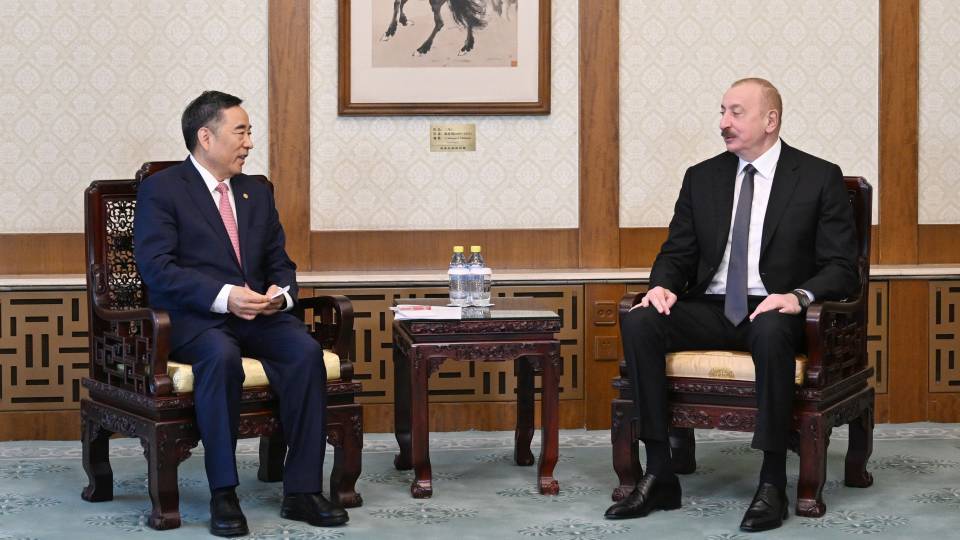


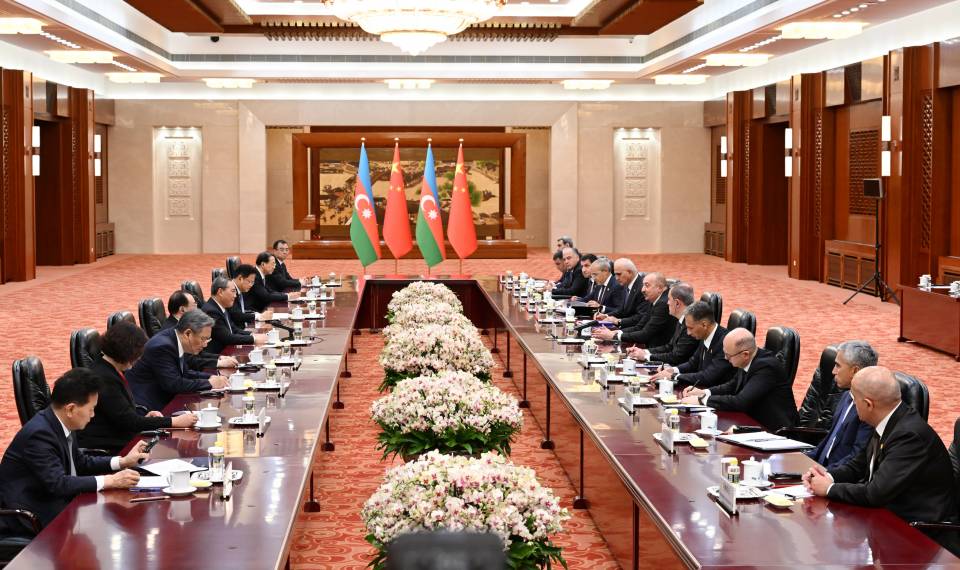
Aprelin 23-də Pekində Çin Xalq Respublikasının Sədri Si Cinpinin və birinci xanım Pen Liyuanın adından Azərbaycan Respublikasının Prezidenti İlham Əliyevin və birinci xanım Mehriban Əliyevanın şərəfinə rəsmi ziyafət verilib.
23 aprel 2025, 12:15Xəbər verildiyi kimi, Azərbaycan Respublikasının Prezidenti İlham Əliyevin Çin Xalq Respublikasına dövlət səfəri çərçivəsində aprelin 23-də Pekində “Azərbaycan Respublikası ilə Çin Xalq Respublikası arasında hərtərəfli strateji...
23 aprel 2025, 10:57